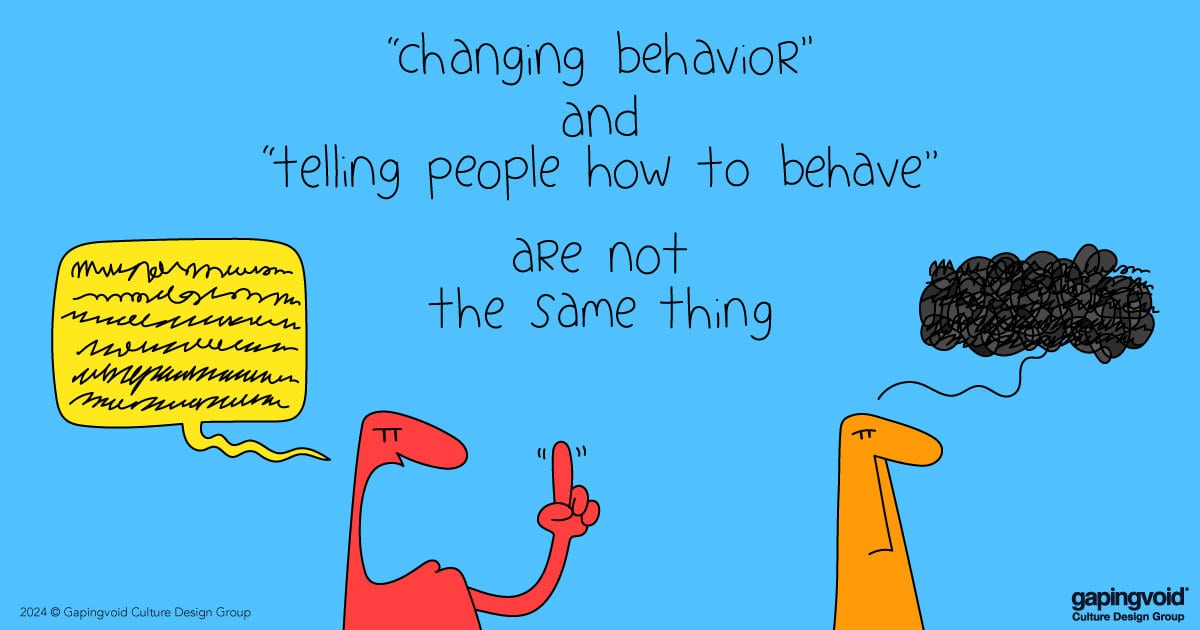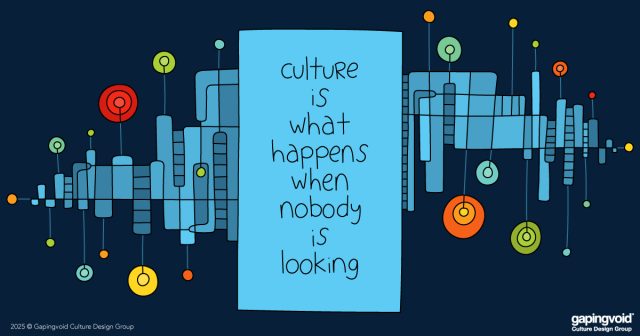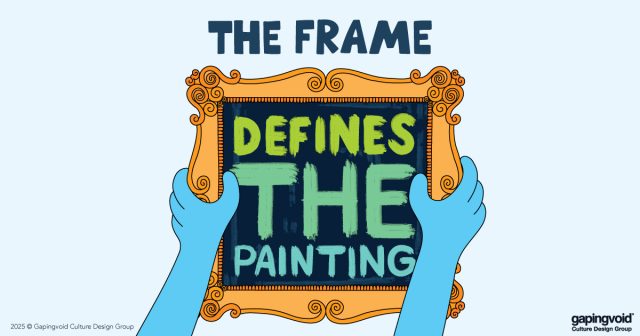
Once you send a memo, it takes a life of its own. As Wayfair CEO, Niraj Shah, is currently finding out. Was this his intention all along? Who knows.
According to the Wall Street Journal and Business Insider, Shah sent an email to his entire staff, essentially telling them to work harder (i.e. be open to: working more, working late, working weekends, making sacrifices, and going the extra mile).
The email was awash with pretty standard, didactic stuff like, “Hard work is essential for success, and a key part of getting things done. Everyone deserves to have a great personal life — everyone manages that in their own way — ambitious people find ways to blend and balance the two.”
It’s not that Mr Shah is wrong per se. Most CEOs would love nothing better than telling their employees that they need to up their game. Especially if they’re employees actually listened.
The real question is not why he felt the need to send the email, but what on earth made him think it would actually work.
As anyone with kids can attest to, people don’t like being told what to do. Especially fully formed adults. Telling people to change rarely works. Getting people to want to change on their own accord, now that’s a different story.
The thing is if you design your culture right, people naturally do the things that are necessary and important for the business. Coercion then becomes unnecessary because there’s alignment, connection, focus and a deep concern for the organization and the people in it.
It’s in this spirit that when a small manufacturing company in Toronto went to a 4-day workweek, their team members came in voluntarily on the weekends. Why? Because they valued their projects, they valued the newfound flexibility, and they didn’t want to let down their customers or each other.
We don’t know much about Wayfair, or the people, or Mr Shah. But at first glance, it seems that Mr. Shah was trying to fix his employees, when what he should’ve been doing instead is trying to fix his culture.
Show us the culture, and we’ll show you the outcomes.



